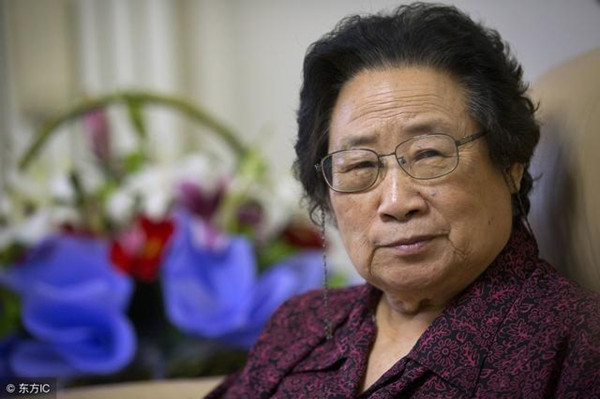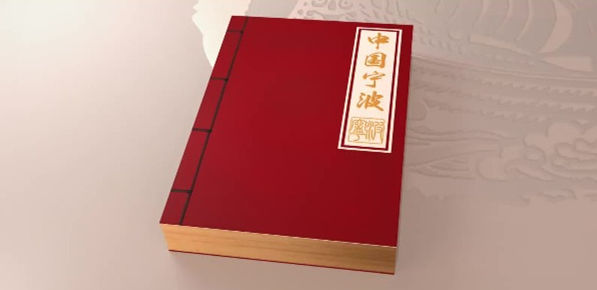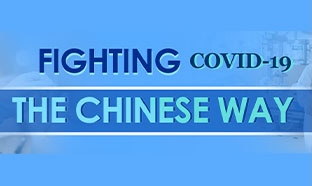Ningbo chemist profiled by BBC for anti-malaria success

Tu Youyou, a Chinese chemist from Ningbo, Zhejiang province [Photo/IC]
The BBC is profiling four people in seven different fields of human endeavor in a new history series called Icons. Among the scientists is Tu Youyou, the Chinese scientist from Ningbo, Zhejiang province who received a Nobel Prize for Physiology or Medicine in 2015. The three scientists profiled alongside Tu, are Albert Einstein, Maria Curie and Alan Turing. Some are proud of Tu being included in such company, while some doubt whether her achievement deserves that honor. Yuan Lanfeng, a researcher at the Chinese University of Science and Technology whose micro blog has about 2 million followers, comments:
Let's have a look at Tu's achievement first. She received the Nobel Prize because she extracted artemisinin, which is essential for anti-malaria drugs, from sweet wormwood. Having gained inspiration from ancient traditional Chinese medicine texts, she creatively used ether, instead of the formerly used alcohol, and successfully extracted artemisinin from sweet wormwood in 1971. In 1986, a new anti-malaria drug based on her research was licensed and entered production.
According to estimates by the World Health Organization, the number of newly infected malaria patients dropped by 37 percent in 2015 compared with that of 2000, while death rate dropped by 60 percent; Tu's achievement might have saved 6.2 million lives.
And the task ahead is still quite challenging. Just as Tu mentioned in her Nobel speech, 3.3 billion people in 97 countries and regions still face the threat of malaria, of which 1.2 billion live in high-risk regions where the infection rate might be higher.
Tu deserves being recognized for her efforts. However, the nature of her breakthrough is of technologies, not of fundamental theories. In this sense, her contribution is not as significant as that of Einstein's theory of relativity. A more suitable example, comparable to her achievement, should be the discovery of penicillin.
In a word, Tu deserves to be honored for her work, but there is no need for certain media outlets to stress her being together with Einstein on the list. They have made different contributions to human progress and there is no need to compare them.
Further, scientists as a whole lack their deserved recognition among the public. BBC's move marks a good start and let's hope more media outlets will follow suit to spread knowledge about scientists to the public.



 Print
Print Mail
Mail
